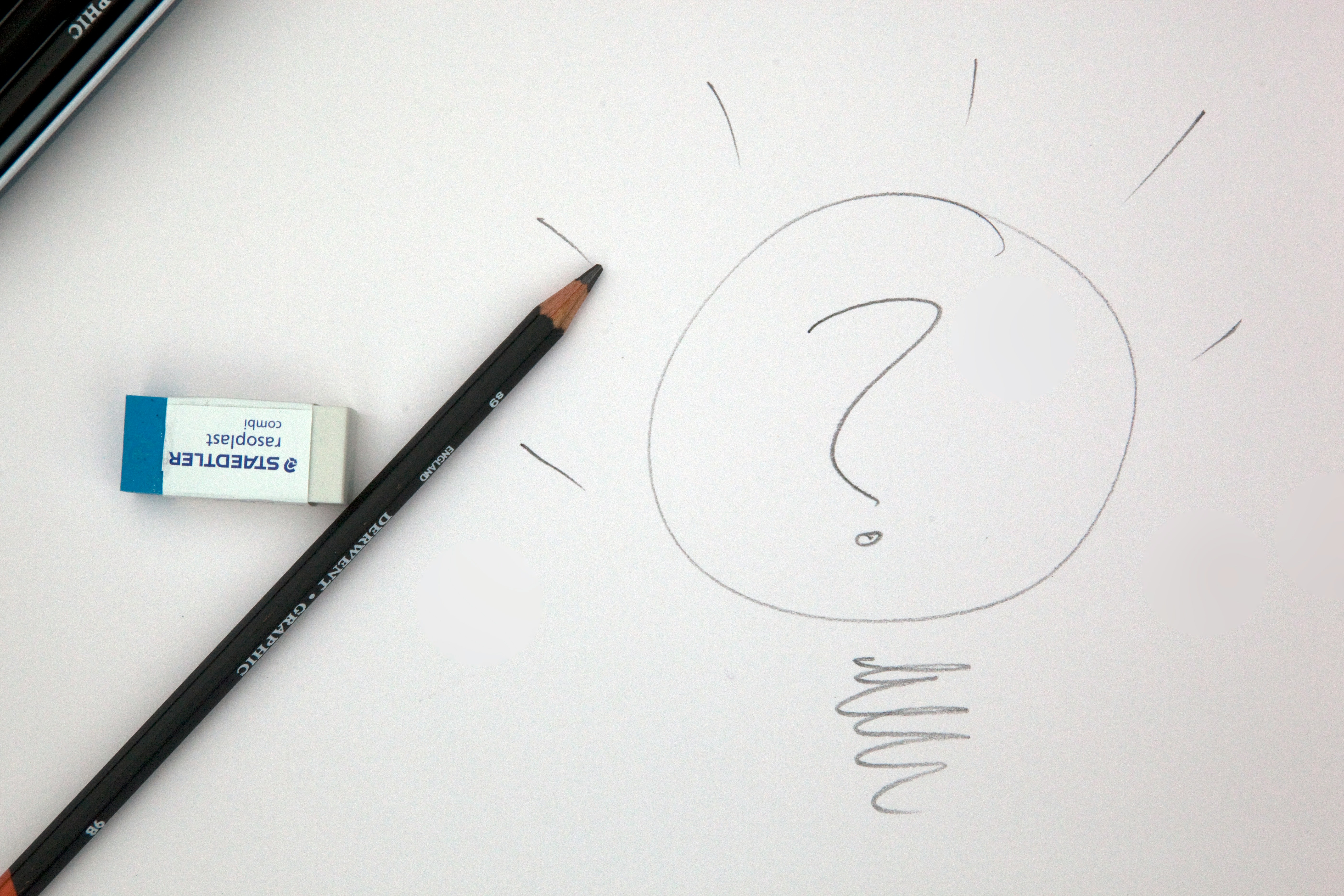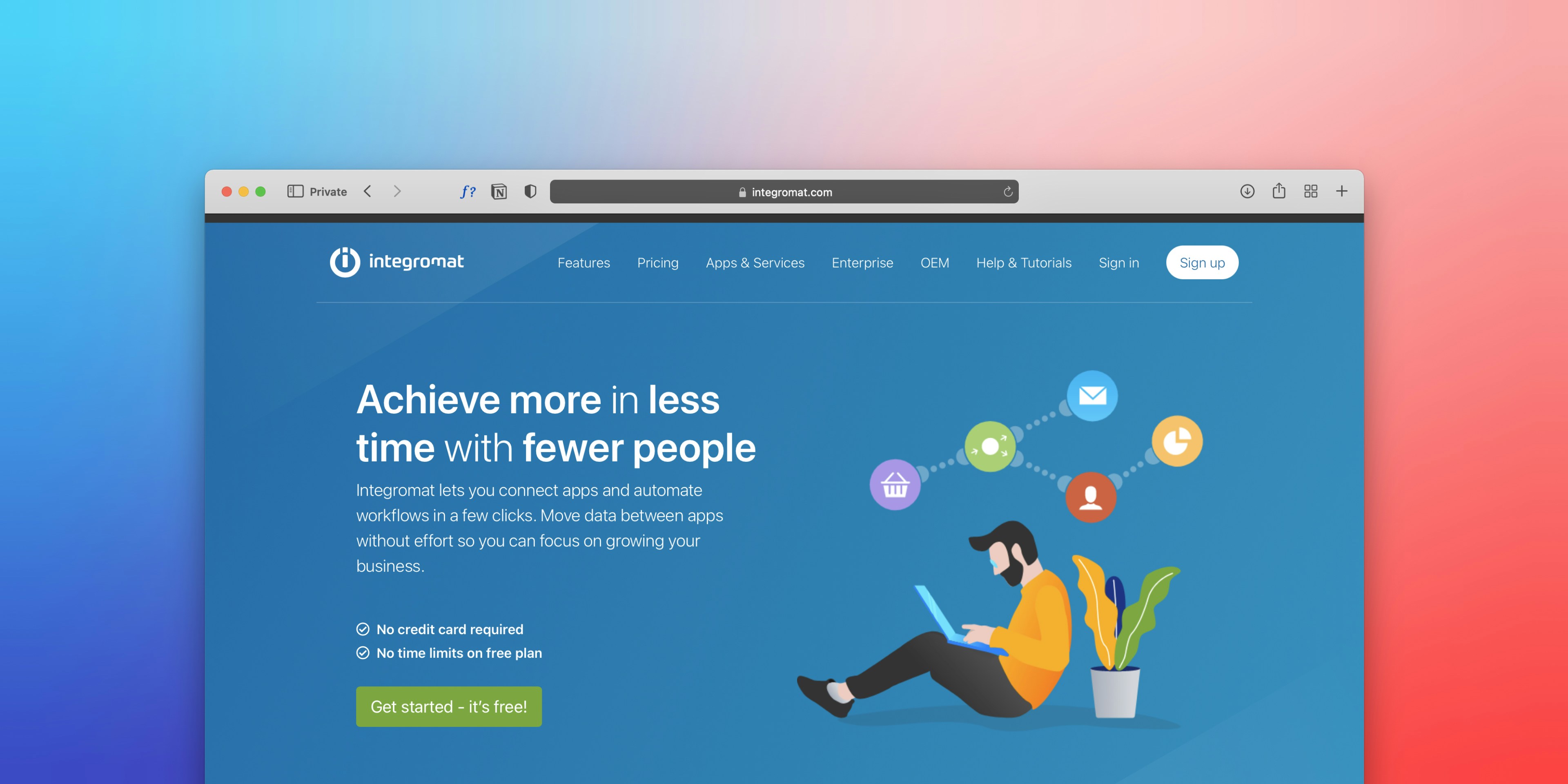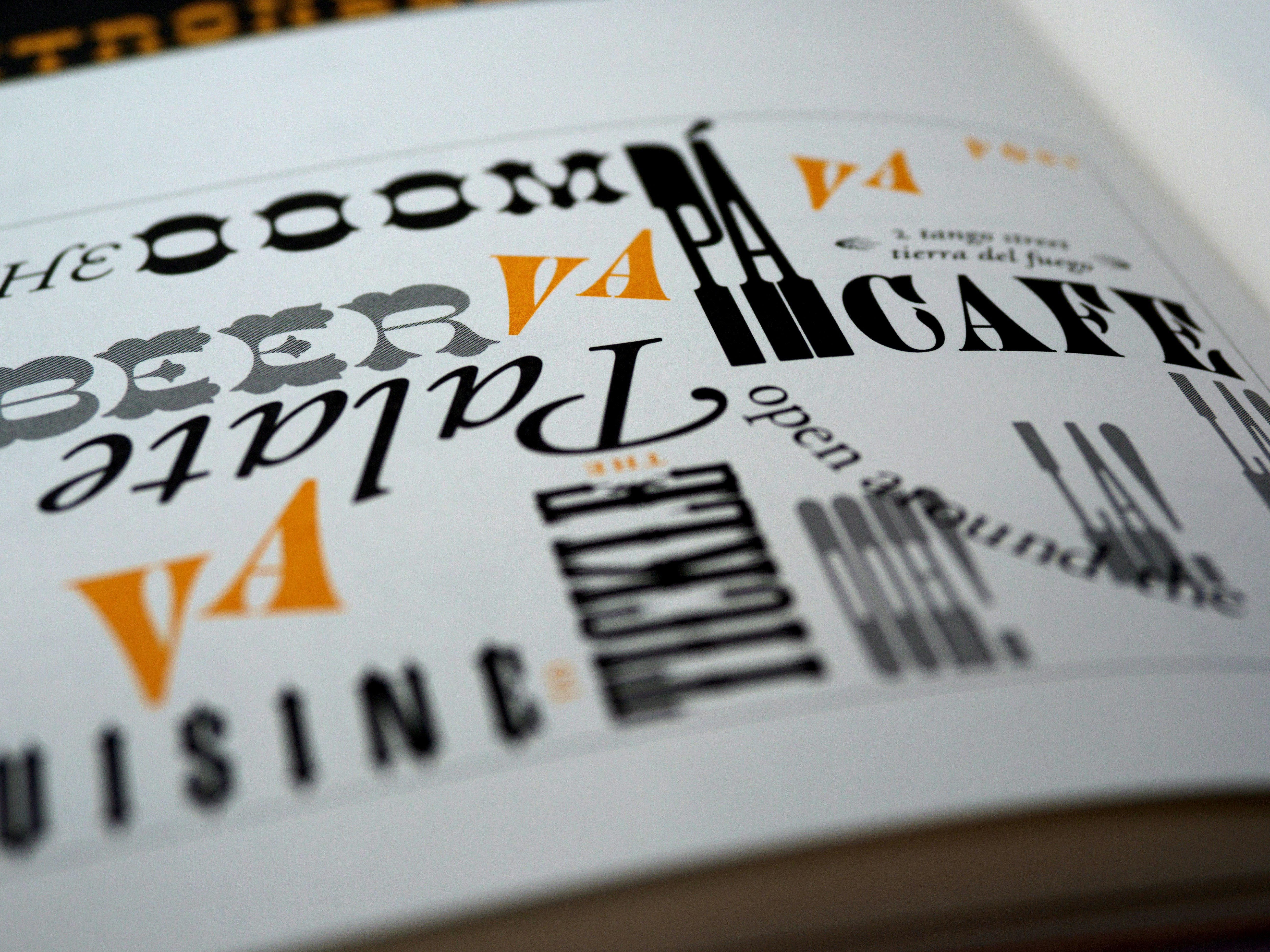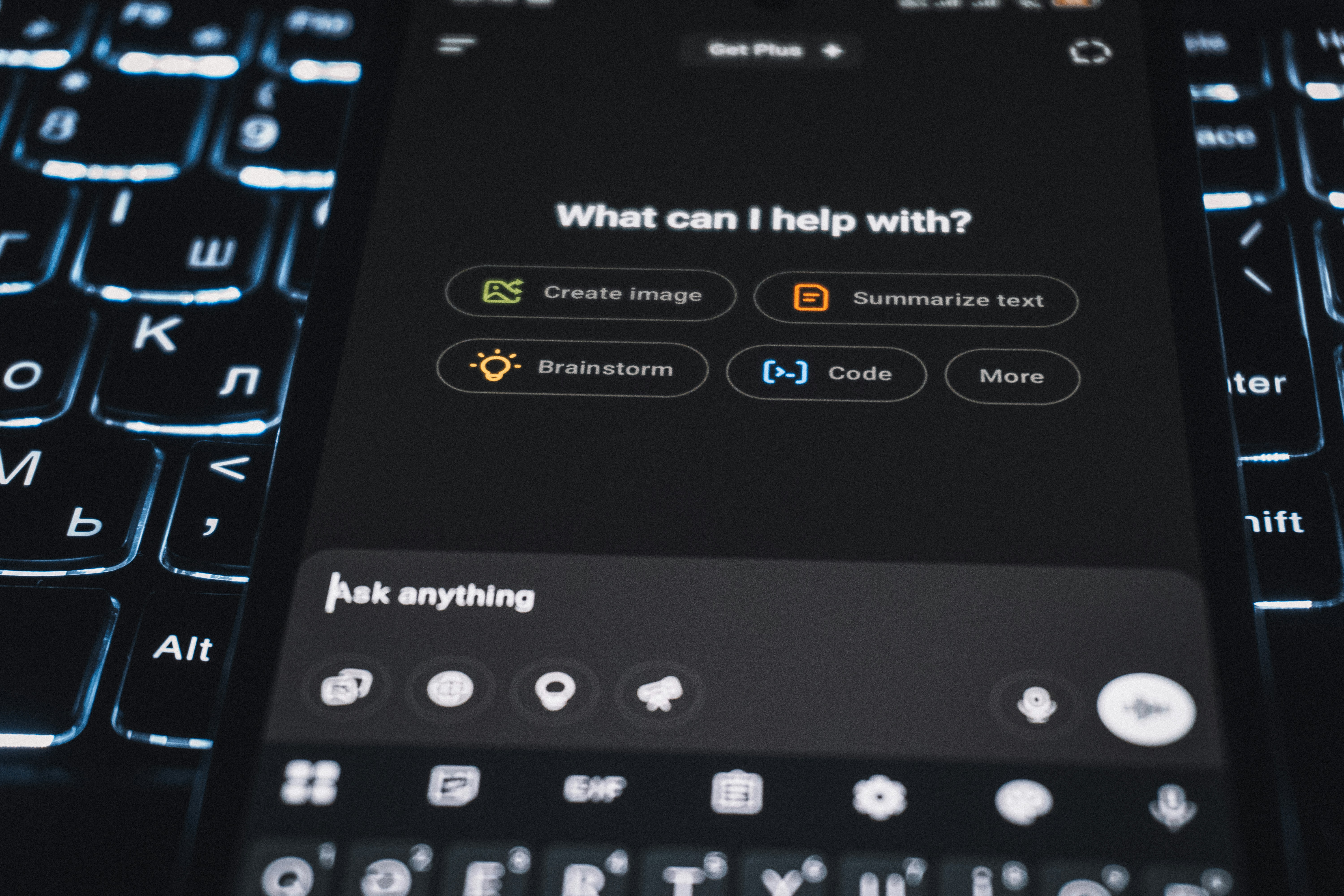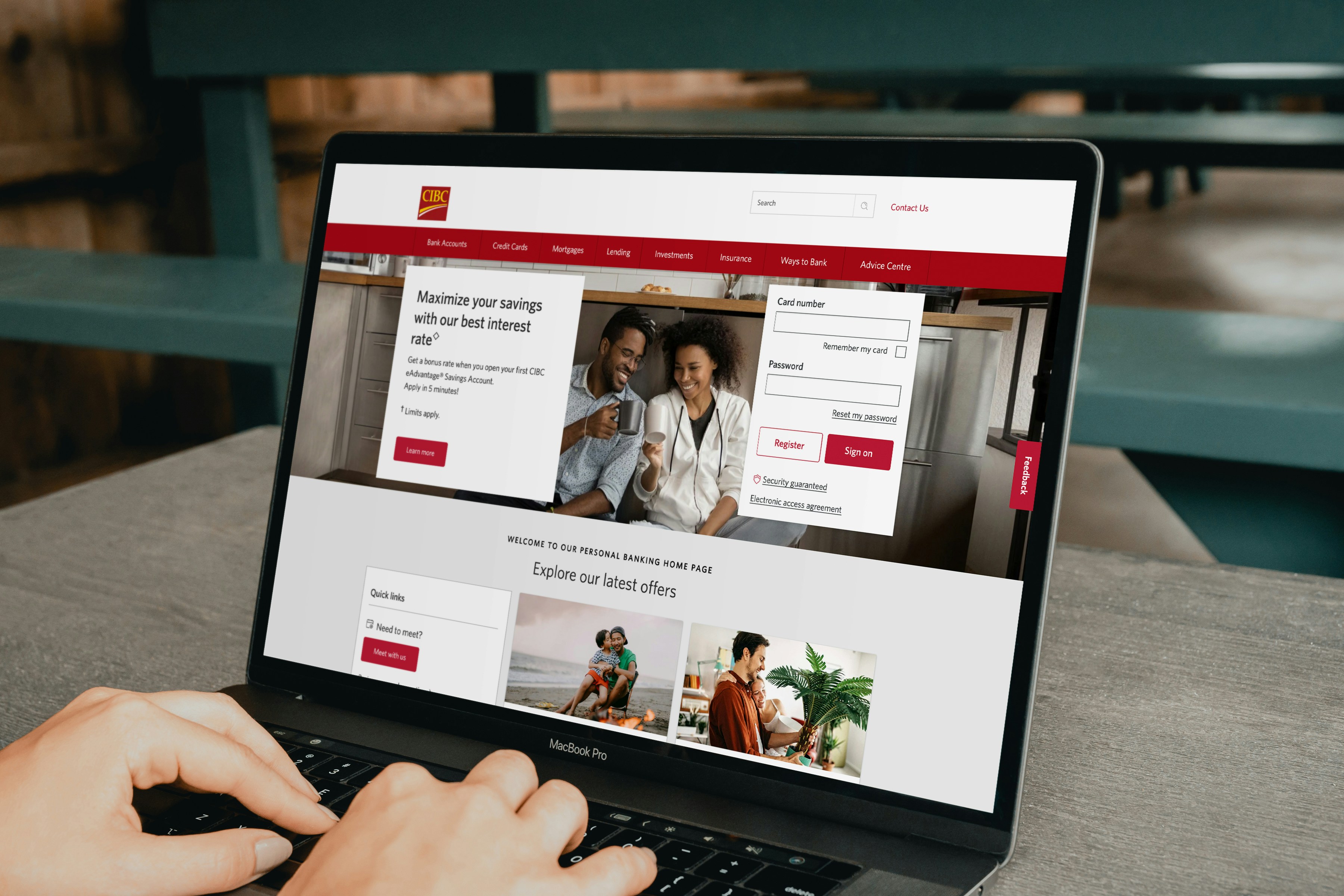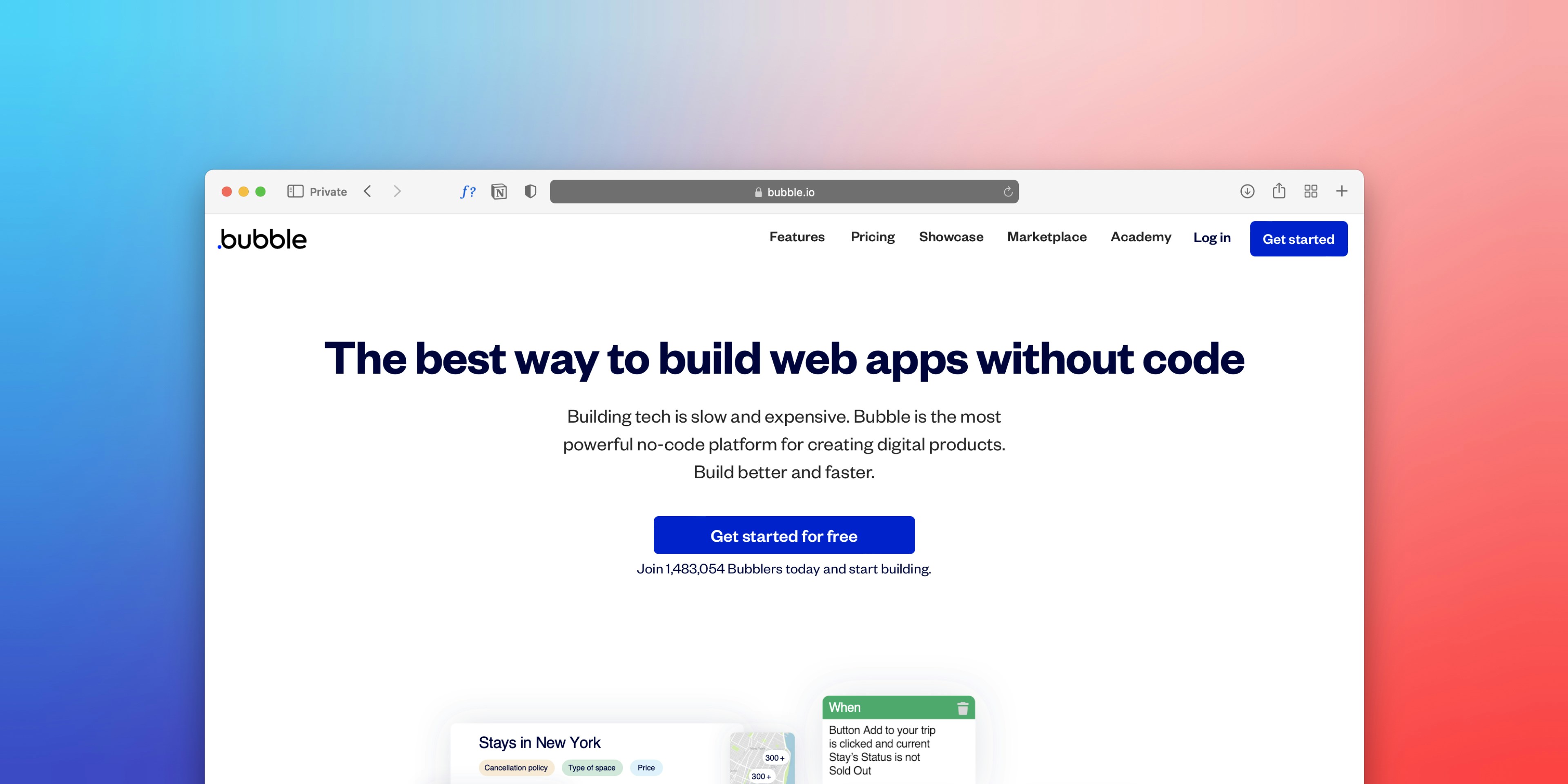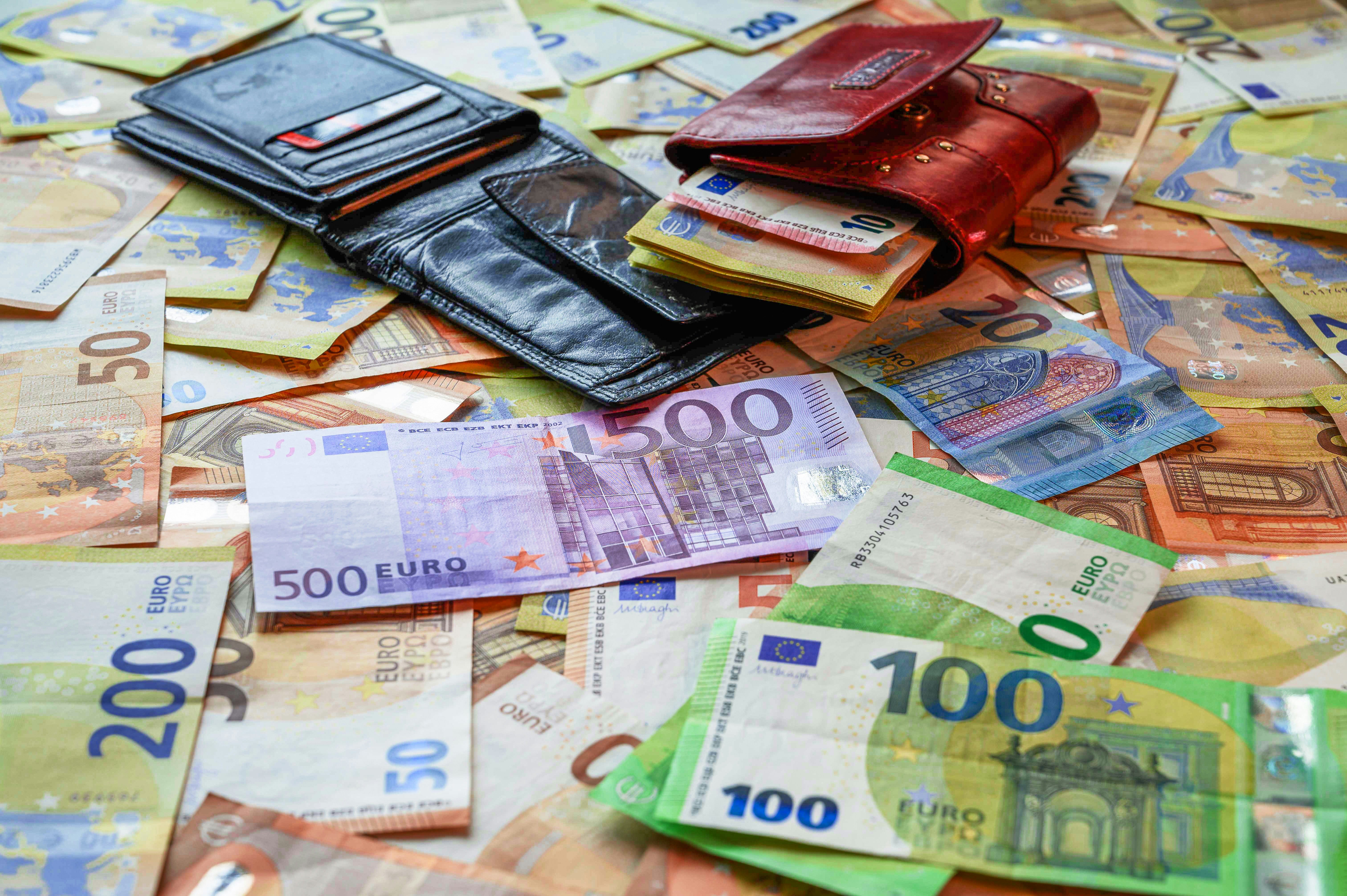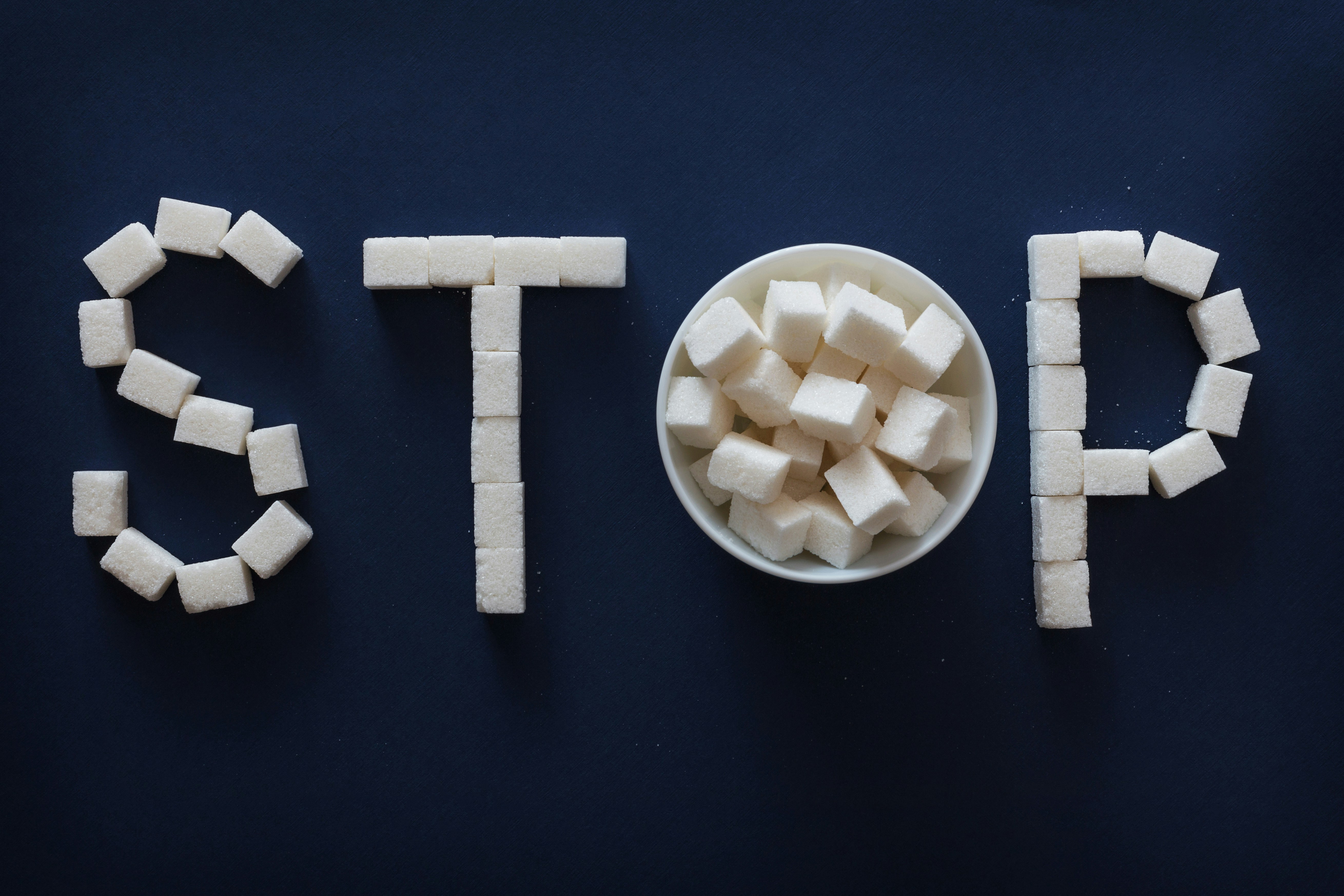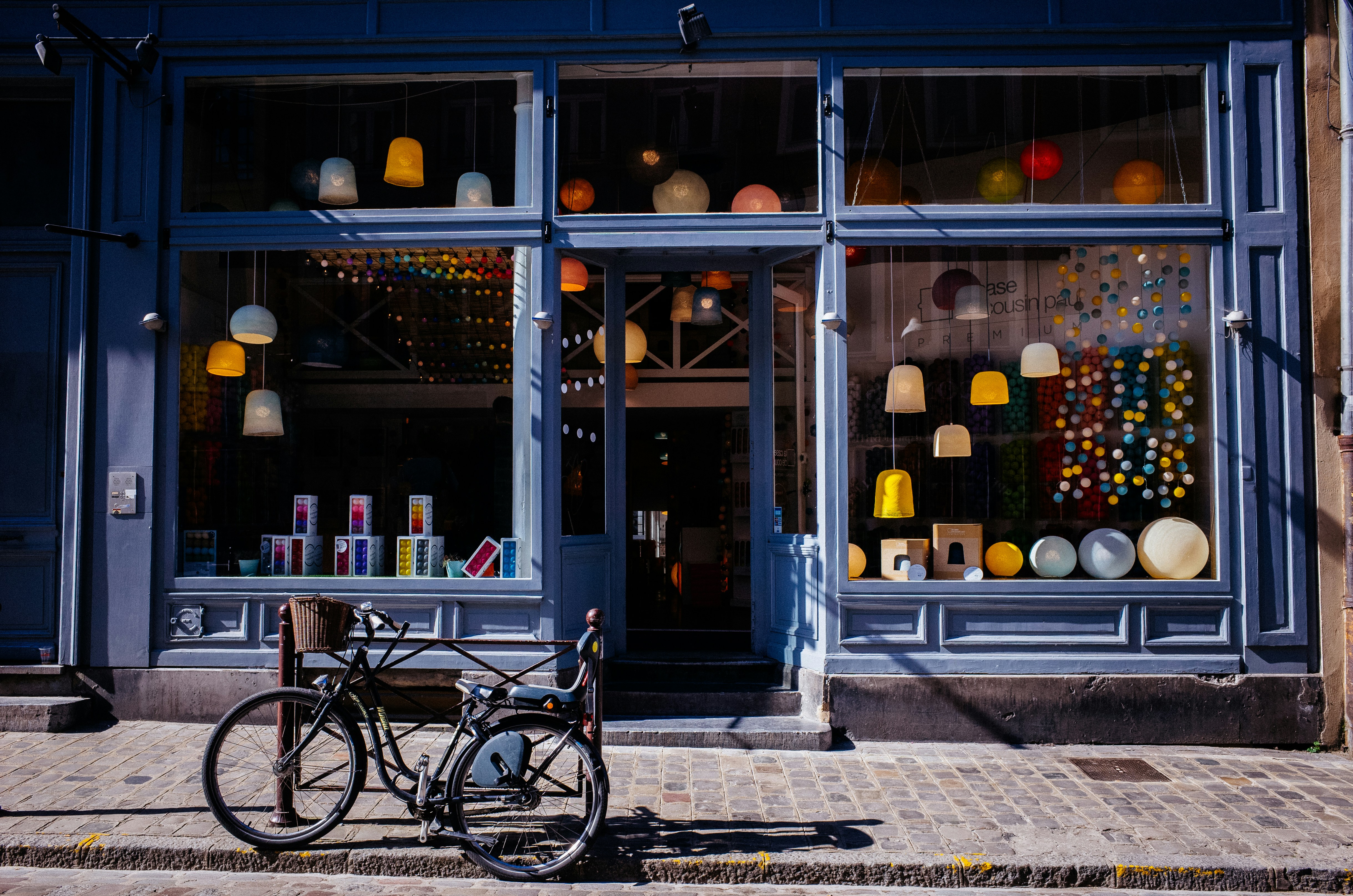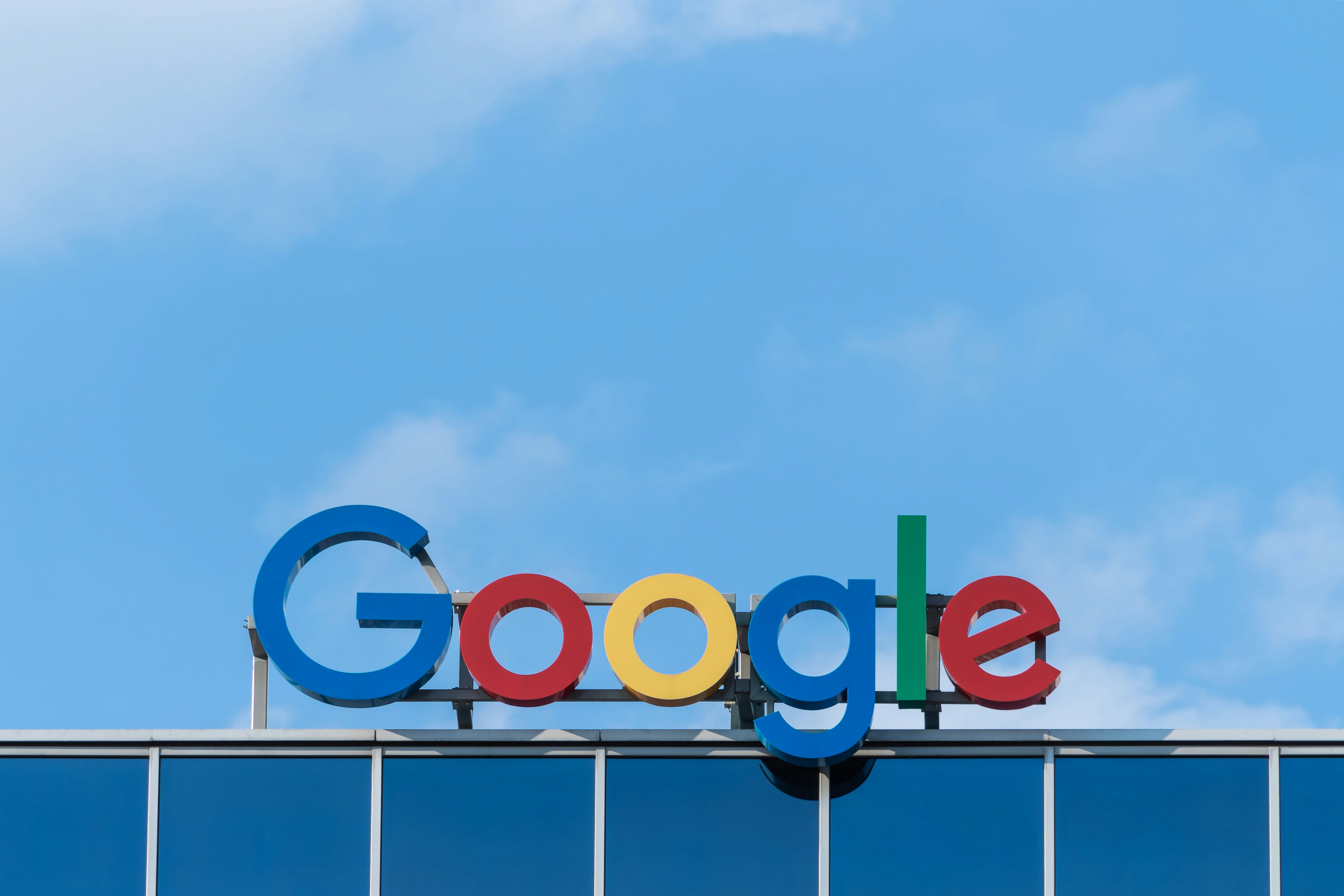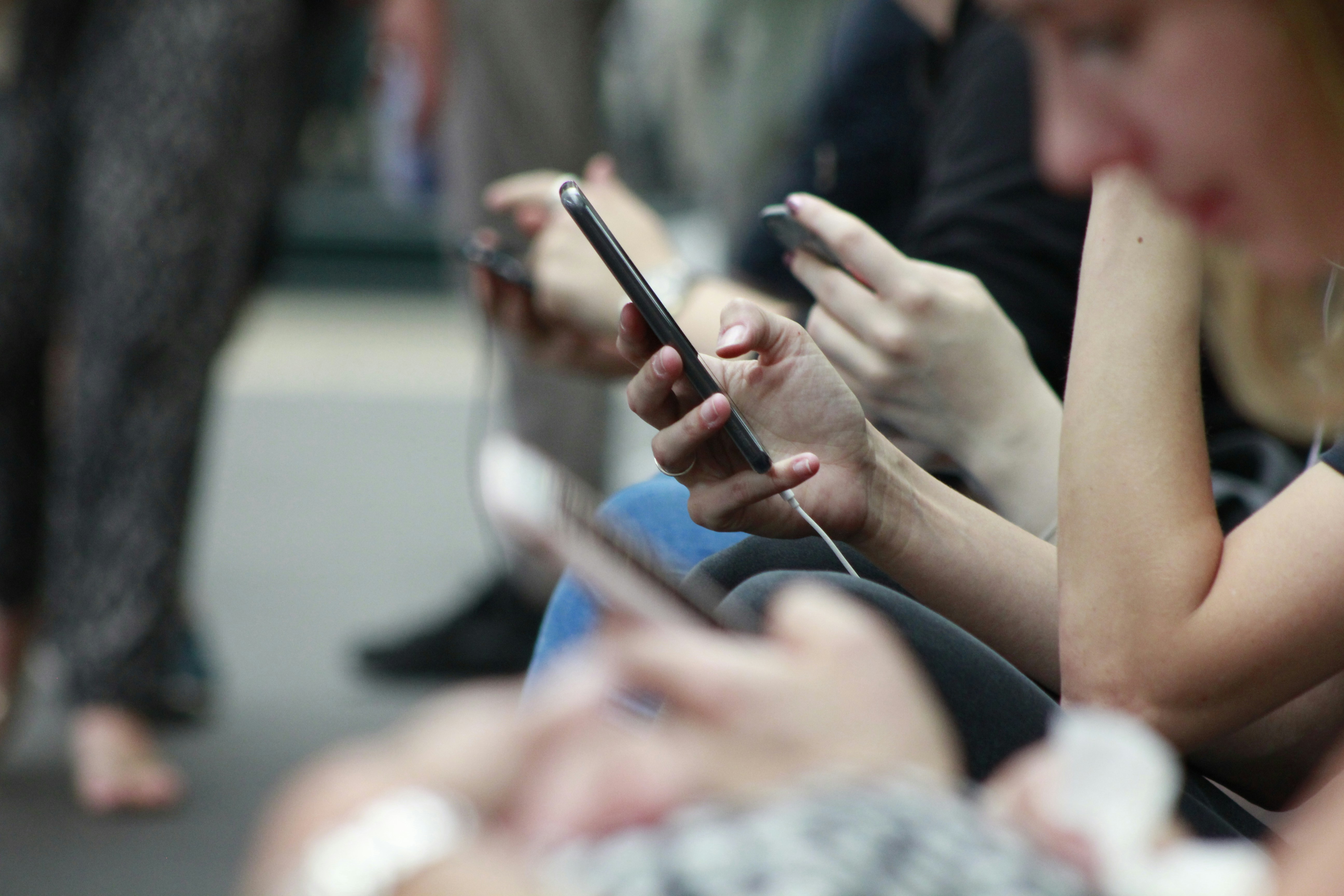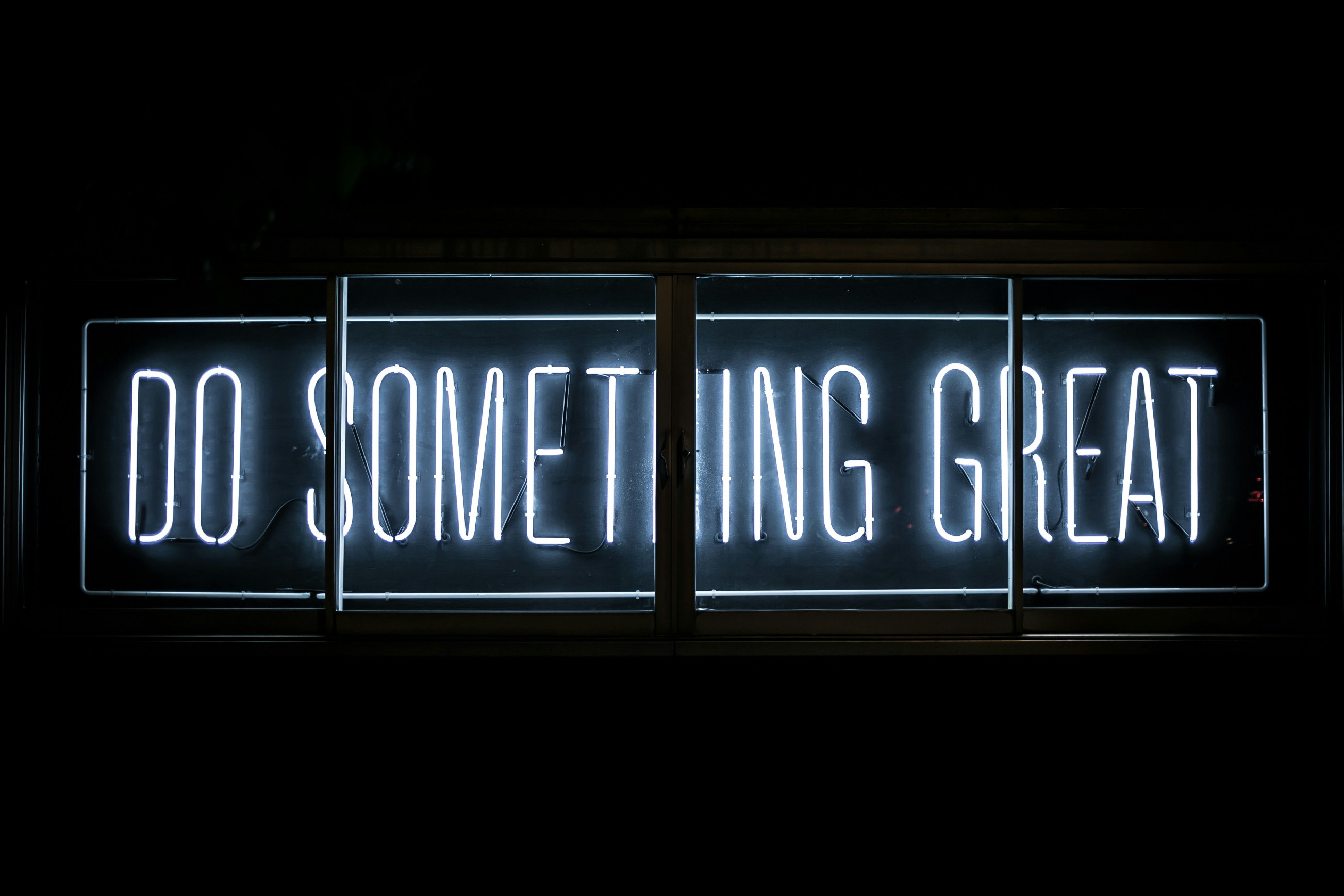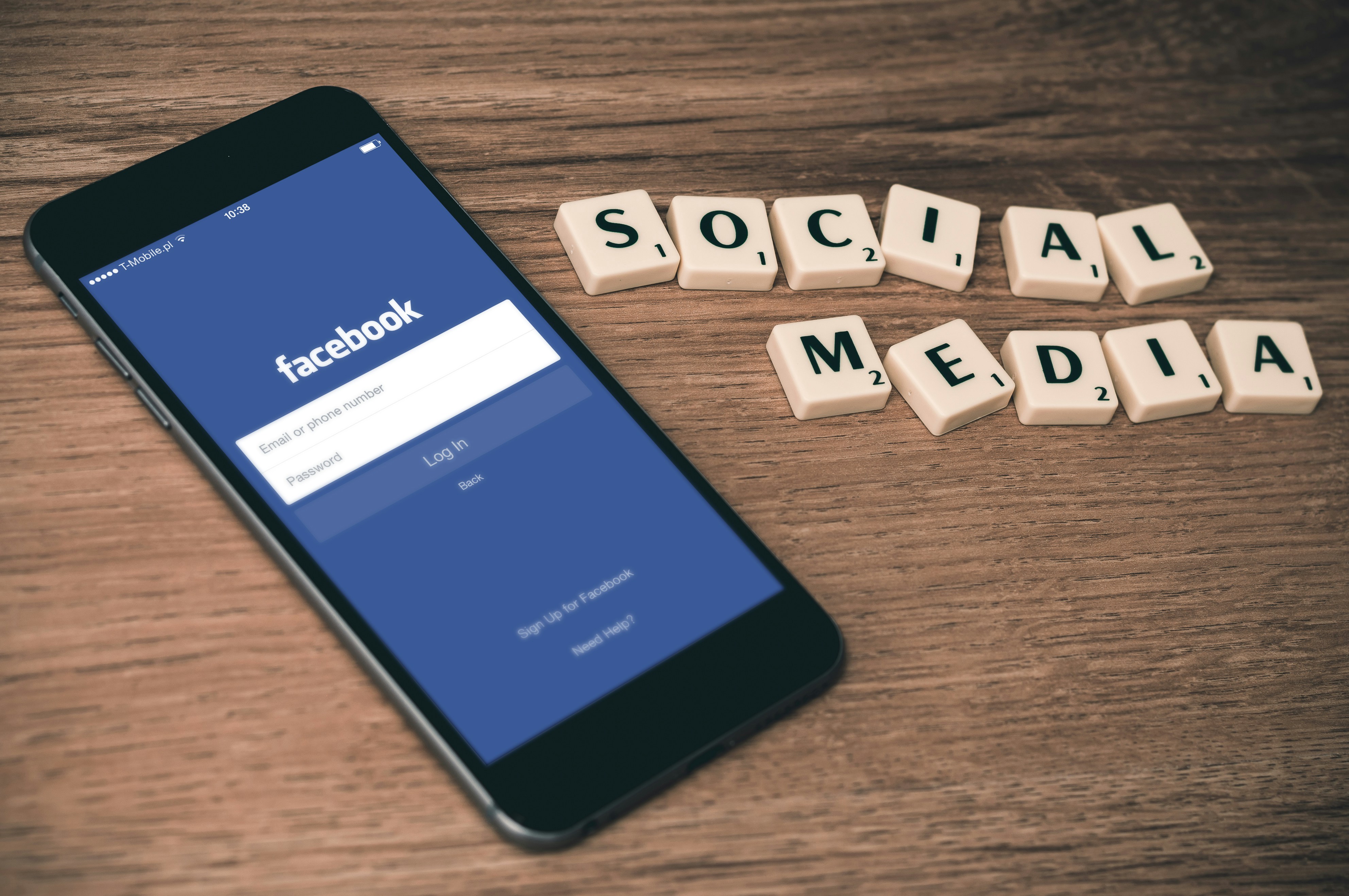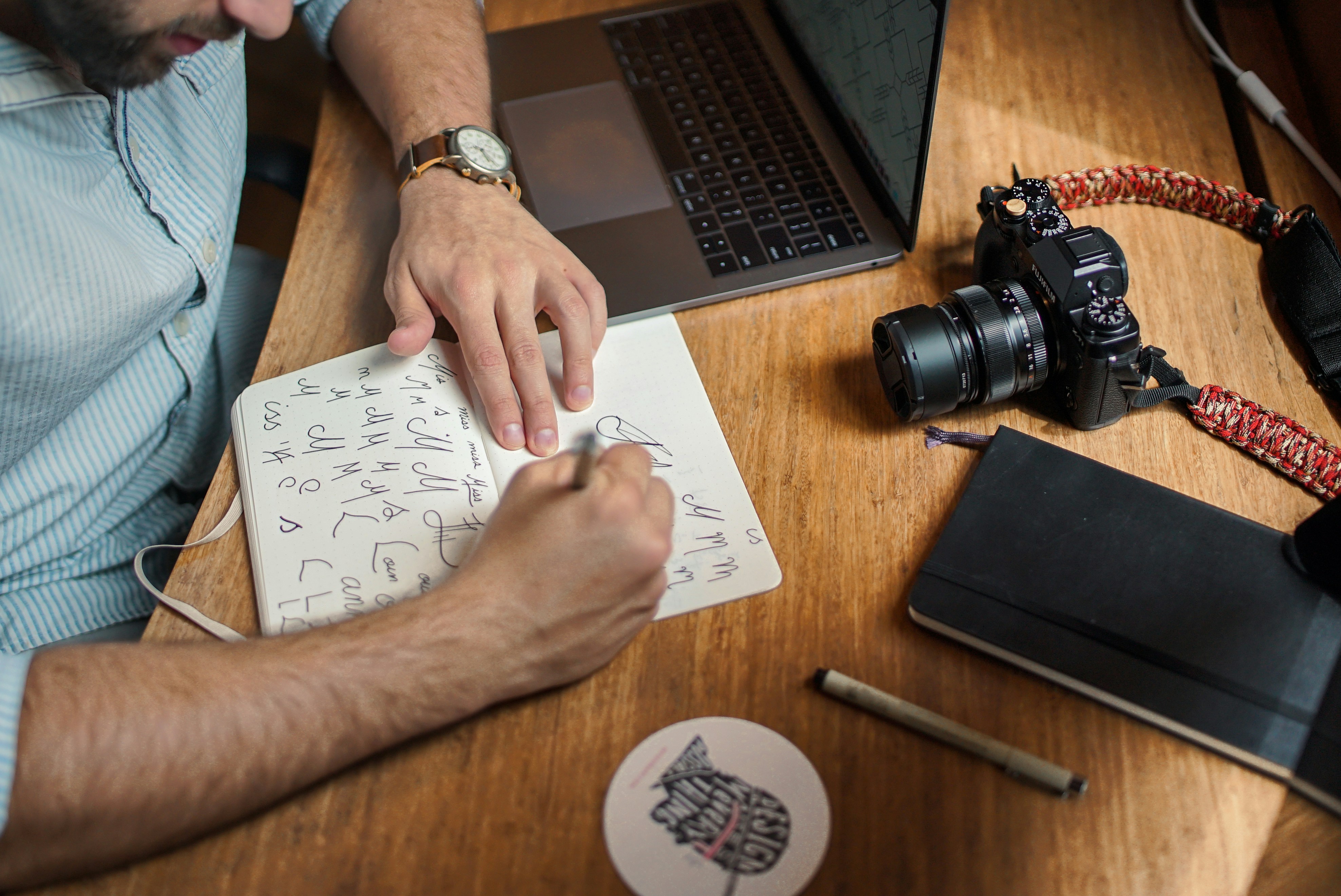The Psychology Behind Customer Loyalty: Why Customers Keep Coming Back
Attracting new customers is expensive and takes a lot of effort. That’s why customer loyalty is often more valuable than short-term growth. Loyal customers not only buy more frequently — they also recommend you to others more easily and are more likely to forgive small mistakes. But what makes someone truly loyal to a brand? The answer often doesn’t lie in discounts or promotions, but in psychology: the way people feel connected to a company.
Trust as the Foundation
The basis of loyalty is trust. Customers need to feel that you deliver what you promise, that you’re honest, and that buying from you is risk-free. You build this trust through consistency — not only in the quality of your product or service, but also in your communication and customer support. A brand that feels reliable quickly becomes part of someone’s routine.
Emotion Over Logic
Although we often assume customers make rational choices, most decisions are driven by emotion. People don’t just buy a product; they buy a feeling — whether that’s safety, status, convenience, or joy. Brands that tap into emotion stick better in people’s minds. Think of how Apple positions itself as a symbol of creativity and freedom, or how local businesses create loyalty through personal attention and warmth.
The Power of Familiarity
Repetition and familiarity play a major role in loyalty. The more often someone sees or experiences a brand, the more comfortable it feels. In psychology, this is called the mere exposure effect: we tend to view something more positively simply because we encounter it more often. For businesses, this means that visibility and consistent branding are essential. The more recognizable you are, the faster customers form a connection.
Small Gestures, Big Impact
Loyalty often comes down to the little things. It might be a quick response to a question, a handwritten note in an order, or a personalized email. These small gestures show that a company truly values its customers. Psychologically, this makes customers feel seen and appreciated — and that’s one of the strongest motivations to return.
The Role of Rewards and Habits
Loyalty programs don’t just work because they offer discounts, but because they appeal to our desire for reward. Each time a customer earns points or receives a benefit, the behavior is reinforced. This works much like habit formation: the more frequently someone is rewarded, the stronger the habit of coming back becomes. It’s not about the size of the reward, but about its consistency and predictability.
From Customer to Advocate
The highest form of loyalty is when customers not only return but actively promote your brand to others. This happens when there’s an emotional connection — when people feel proud to be associated with your brand. You can encourage this by making customers part of your brand story: give them a voice, involve them in new developments, and show that their opinion matters.




